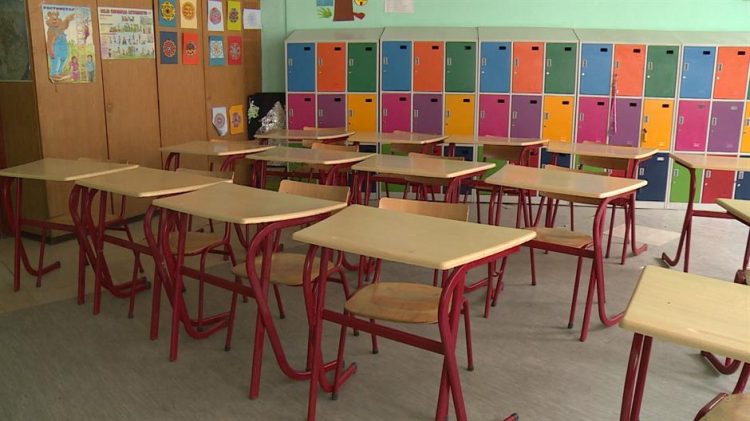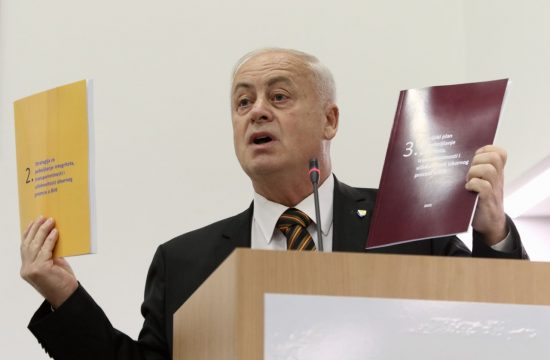
School started on Monday for some 30,000 first graders and authorities say that every year there is less of them in Bosnia.
Authorities estimate that primary schools have this year lost 33 entire classrooms of children when compared to last year.
The Federation (FBiH), Bosnia’s Bosniak-Croat semi-autonomous entity, has lost 31, while Republika Srpska, the Serb-dominated entity, has lost two classrooms of children.
Some of the first-grade classrooms in the country will only have two students in 2018/2019.
According to the RS Ministry of Education, there are no new first graders in about 80 schools, while only one or two children enrolled for the first time in 170 schools across the entity.
There are numerous reasons for the decreasing number of new students in FBiH, according to the FBiH Education Minister, Elvira Dilberovic.
Schools in smaller communities are being closed because families are moving from rural to urban areas and Bosnia has a natality problem in general, she said.
“This is a serious indicator – as rural areas are important. They will die out due to the population relocating. There is a trend of emigration, and not only of people who have finished university but of entire families,” she said.
Dilberovic said that the FBiH Government must act to prevent its population from relocating and “make an effort to create adequate conditions for children to be able to go to school,” such as giving out the school books for free.
The one place where there is a slight increase in children enrolling is the Bosnian-Podrinje Canton in FBiH.
“We have information saying that the number of primary grade school children in the Bosnian-Podrinje Canton has increased by 39. That is the only increase, everywhere else it is lower,” Dilberovic said.
The reason for the differing situation in this Canton is because it is experiencing economic growth, she said.
“We tried to implement European Union models. We equipped the classrooms, brought in a number of teachers so that the children feel as if they are part of the classroom and so we identify problems,” she said, stressing that there should be strong synergy between the competent ministries and institutions.




